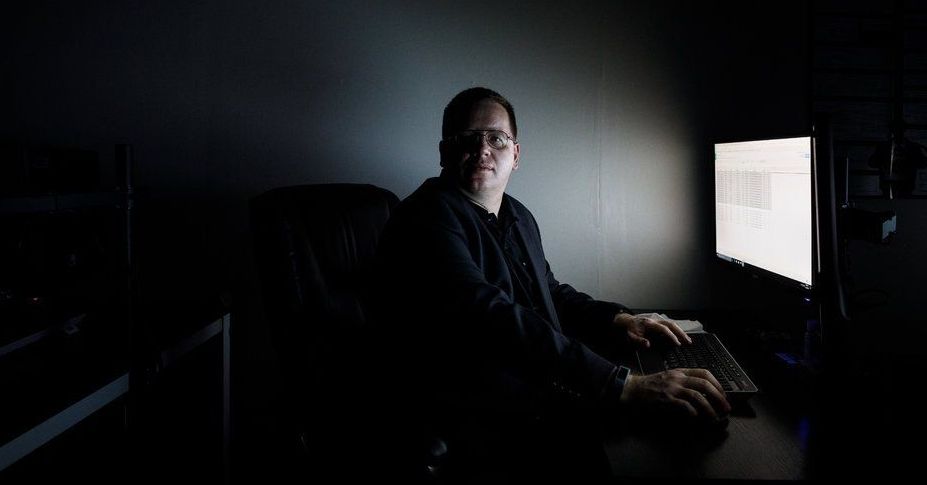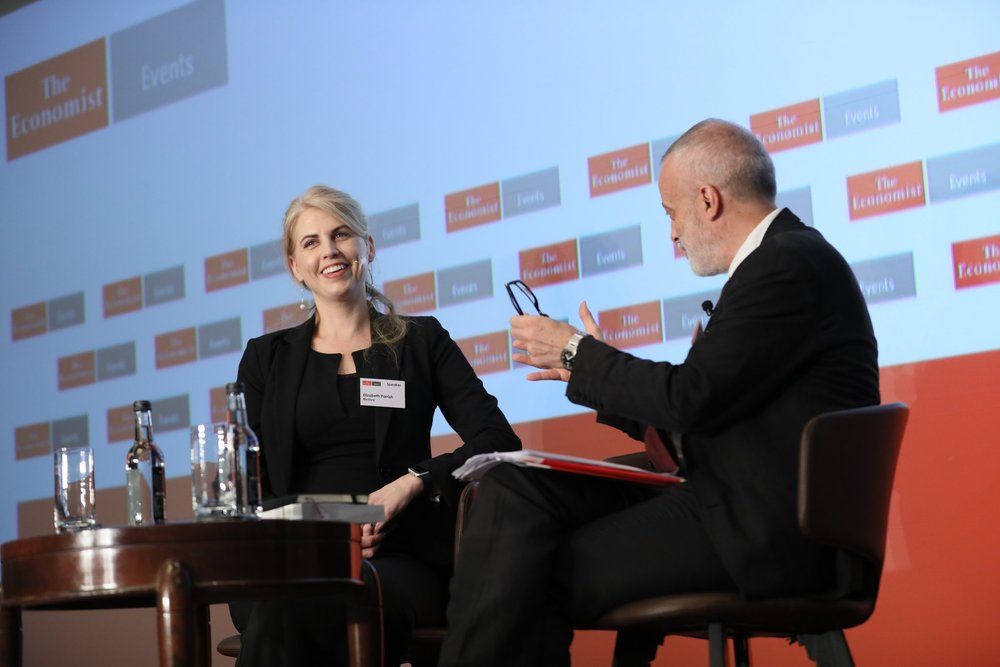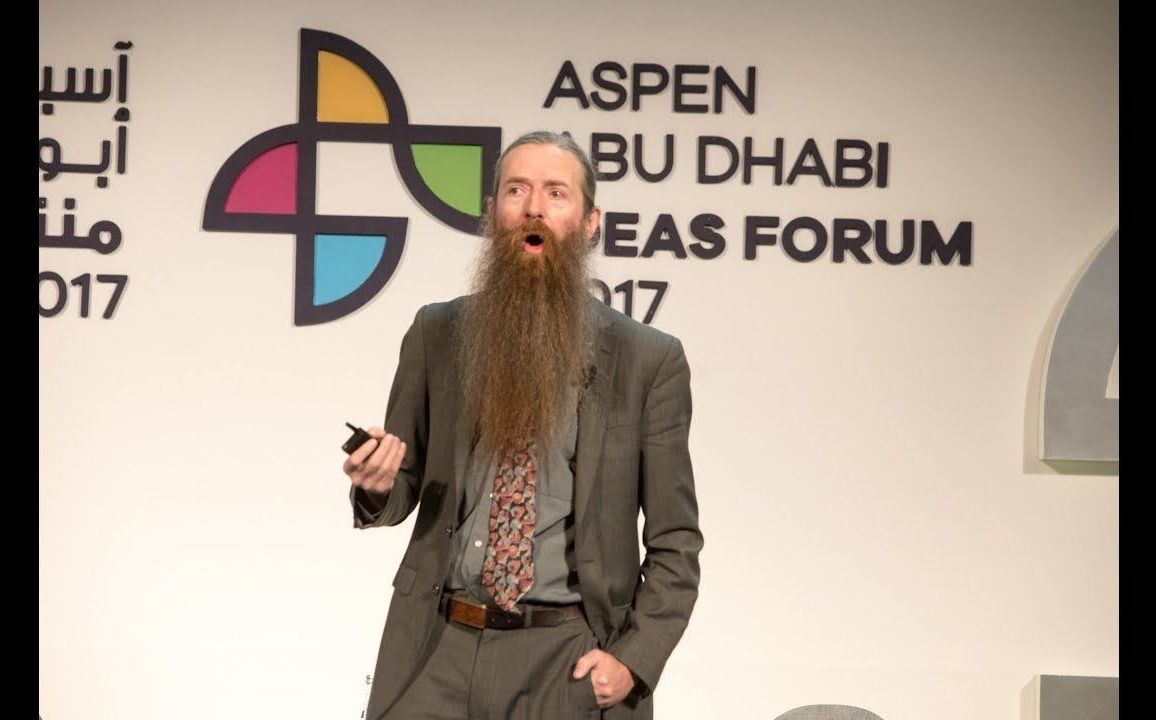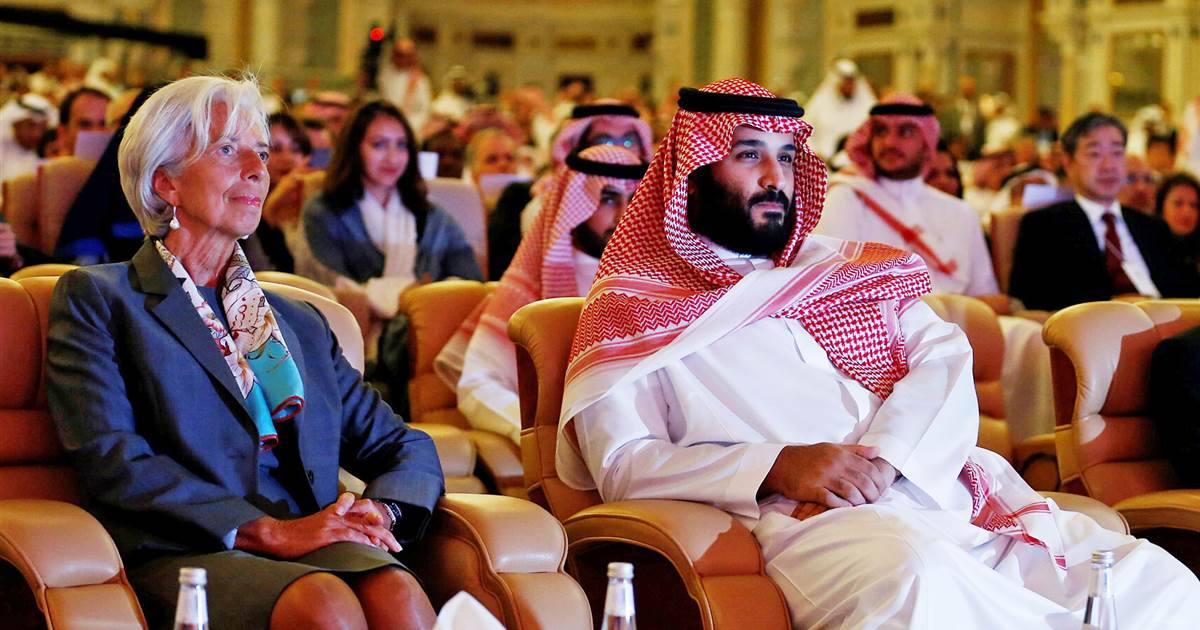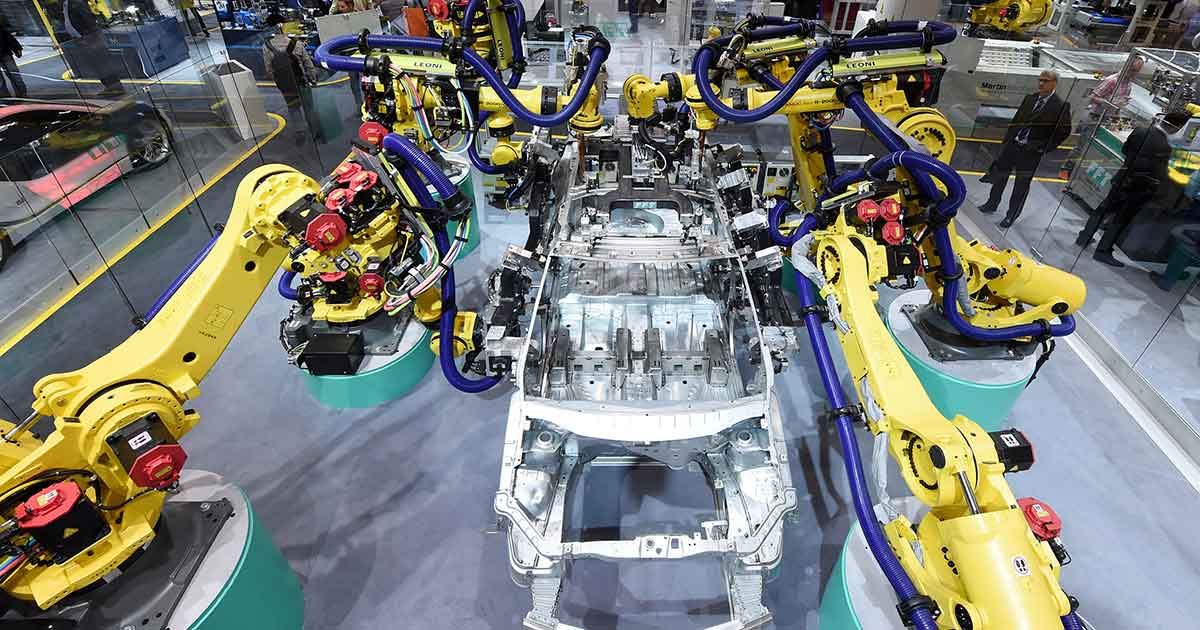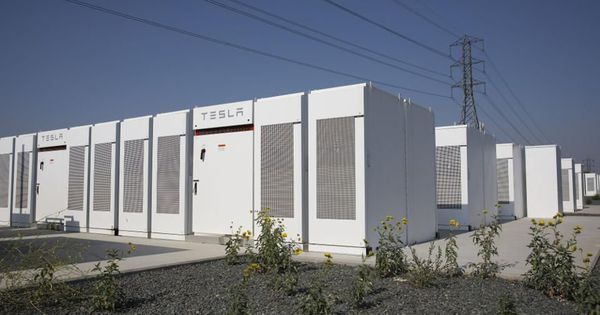“UNISPACE+50 will celebrate the fiftieth anniversary of the first United Nations Conference on the Exploration and Peaceful Uses of Outer Space. It will also be an opportunity for the international community to gather and consider the future course of global space cooperation for the benefit of humankind.
From 20 to 21 June 2018 the international community will gather in Vienna for UNISPACE+50, a special segment of the 61 st session of the Committee on the Peaceful Uses of Outer Space (COPUOS).”


